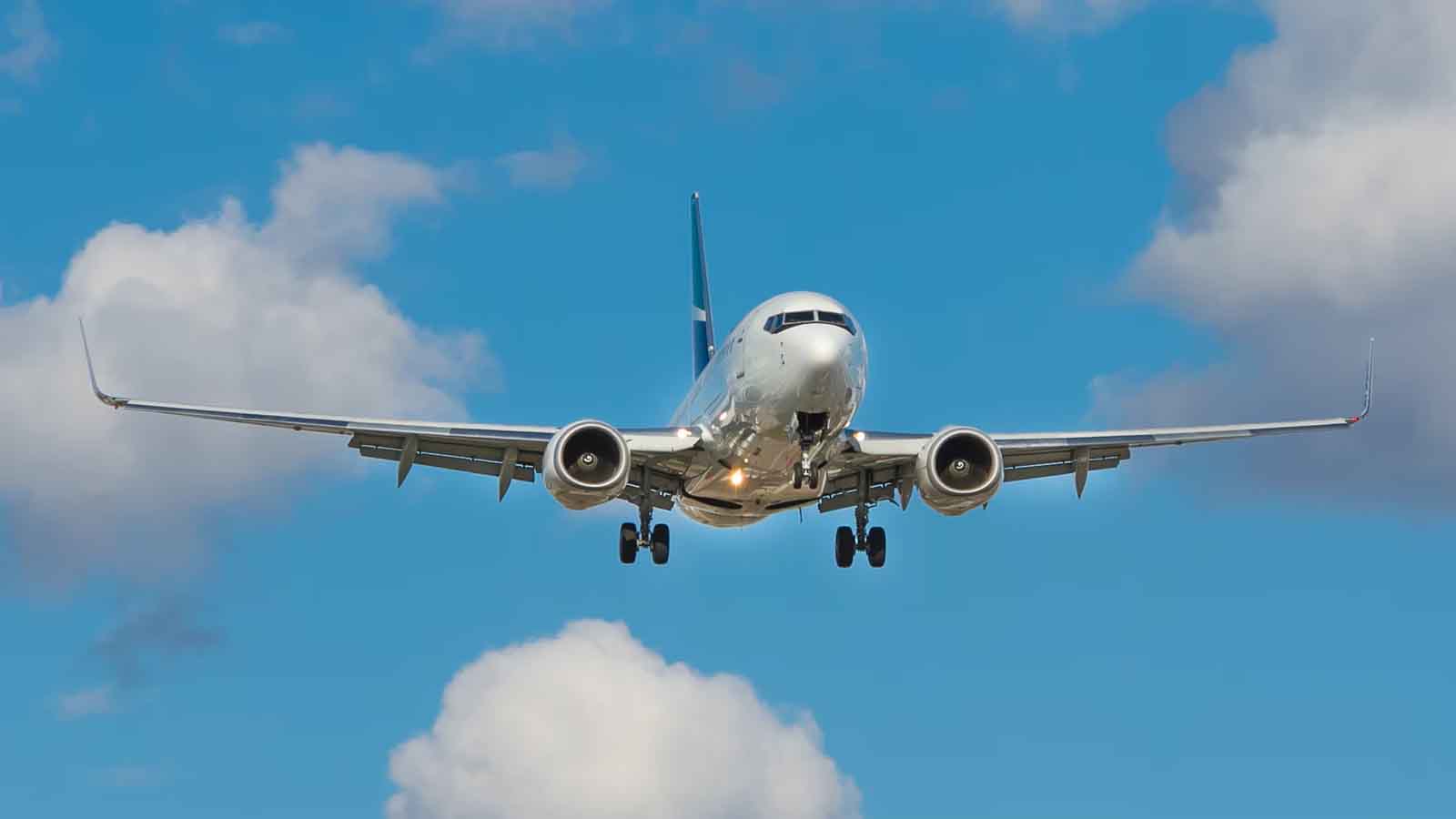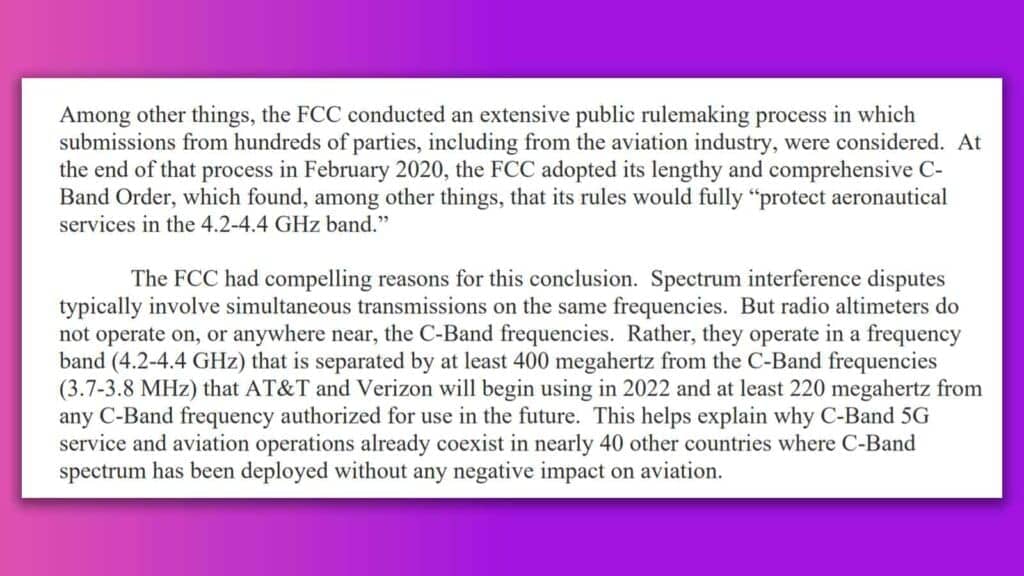News
The new 5G rollout will cause tons of flight delays according to airlines
AT&T and Verizon rejected a request to delay its new 5G spectrum, to many airlines’ dismay.

Just a heads up, if you buy something through our links, we may get a small share of the sale. It’s one of the ways we keep the lights on here. Click here for more.
The quarrel between airlines and mobile 5G companies continues to grow as Verizon and AT&T brush off another warning. The two wireless companies have rejected a recent government request that would have them delay the launch of their new 5G service after airlines say that the 5G frequencies will interfere with aircraft electronics.
Late last week, U.S. Transportation Secretary Pete Buttigieg and FAA Administrator Steve Dickson sent both Verizon and AT&T a letter requesting that the companies delay their plans to roll out the new 5G C-Band spectrum. Buttigieg and Dickson requested that the companies delay by “no more than two weeks” past their planned rollout date of January 5.
CEOs of both companies got together and sent a joint letter, acquired by Politico, back to the U.S. Department of Transportation rejecting the request to delay their launch.
READ MORE: Delta’s new AI-powered screen shows personalized flight info

As a result of this rejection, airlines have warned that the new C-Band frequencies could cause major delays at several airports across the United States. Airlines of America told Bloomberg, “Without appropriate mitigations, the 5G deployment around airports could disrupt as many as 345,000 passenger flights…in addition to 5,400 cargo flights each year.”
The issue resides with certain radio altimeters used by airlines. The new 5G frequency reportedly has the potential to interfere with these altimeters, which could cause some serious issues when trying to land an aircraft.
Verizon and AT&T won’t delay the new 5G rollout, but they’re not being completely uncooperative
Verizon and AT&T seem to believe that this is not their responsibility, especially considering a statement from the FCC saying that well-designed altimeters shouldn’t receive any interference from the C-Band spectrum.
Although the wireless companies rejected the request to delay the rollout, that doesn’t mean they are being completely uncooperative. In the letter mentioned above, the companies volunteered to alter their use of the C-Band frequency for the next six months, which would include extensive exclusion zones around runways at potentially affected airports.
The companies made sure to point out that this six-month option is completely voluntary and “over and above what is required by our FCC license.” The companies hope that the extra time will give the FAA and the aviation industry plenty of time to improve any altimeters that could potentially be affected.
The new 5G C-Band spectrum is planned to launch in just a couple of days, on January 5, and it looks like that is still going to happen on time. It will be interesting to see how the wireless companies and the aviation industry move forward with this issue.
UPDATE: The two wireless companies have changed their minds and agreed to delay the new spectrum rollout by an additional two weeks. You can read the full report here.
Have any thoughts on this? Let us know down below in the comments or carry the discussion over to our Twitter or Facebook.
Editors’ Recommendations:
- Apple’s new iPad mini comes with a larger screen, 5G support, and starts at $499
- T-Mobile 5G is crushing Verizon and AT&T, study finds
- Verizon built a huge Ford F-650 that provides 5G for emergency responders
- T-Mobile has just suffered yet another data breach



























